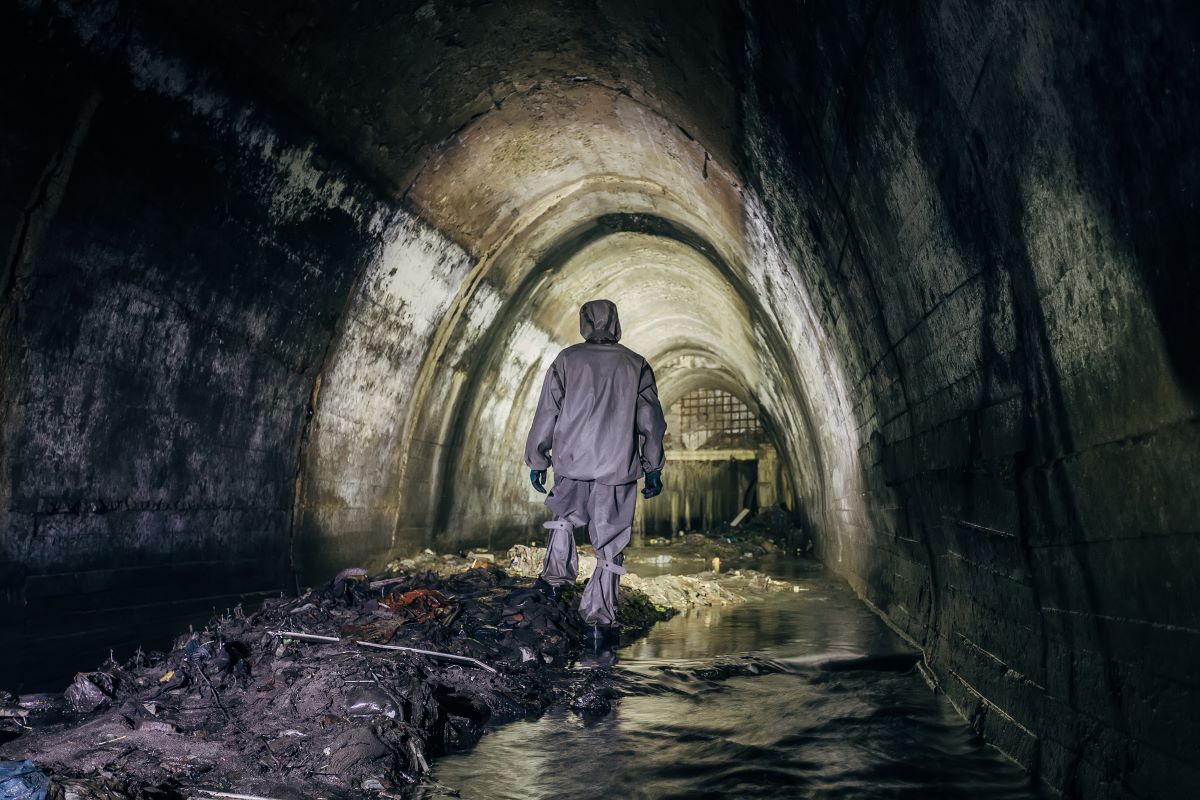Off grid living Idaho: Imagine a life unbound by utility bills and city noise, nestled amidst Idaho’s breathtaking landscapes. This isn’t just a dream; it’s a growing movement, attracting those seeking self-sufficiency and connection with nature. From the rugged mountains to the serene valleys, Idaho offers diverse locations for off-grid living, each presenting unique challenges and rewards.
This guide explores the practicalities, legalities, and lifestyle choices involved in embracing this adventurous path.
We’ll delve into the intricacies of permitting, resource management, and sustainable building practices specific to Idaho. Discover the best renewable energy solutions for your chosen location, learn how to navigate the legal landscape of land ownership and water rights, and gain invaluable insights into creating a safe and thriving off-grid community. Prepare to embark on a journey of self-discovery and sustainable living, where the only limits are your imagination and resourcefulness.
Essential Resources and Infrastructure
Embarking on off-grid living in Idaho requires careful consideration of essential resources and infrastructure. Securing reliable sources of water and energy is paramount for a comfortable and sustainable lifestyle away from municipal services. The unique geography and climate of Idaho present both challenges and opportunities in this regard, influencing the feasibility and cost-effectiveness of various options.
Water Sources for Off-Grid Properties
Access to potable water is fundamental. Idaho’s diverse landscape offers several options, each with its own set of considerations. Wells are a common choice, particularly in areas with high water tables. However, well drilling costs can be significant, and water quality testing is essential to ensure the water is safe for consumption. Springs provide a natural and often reliable source, but their location and flow rate can vary greatly.
Rainwater harvesting, while supplementing existing sources, requires substantial storage capacity and careful filtration to remove contaminants. The choice of water source will depend heavily on the specific location of the property and the available budget. Successful implementation requires thorough site assessment and potentially professional consultation.
Renewable Energy Options in Idaho, Off grid living idaho
Idaho’s abundant natural resources lend themselves well to renewable energy solutions. Solar power is a popular choice, especially in the southern parts of the state which receive higher levels of sunlight. However, solar panel costs, installation, and battery storage represent a significant upfront investment. Wind power is another viable option, particularly in areas with consistent and strong winds.
Wind turbine costs are also substantial, and the effectiveness of a wind turbine depends significantly on local wind conditions. Hydropower, utilizing the state’s many rivers and streams, offers a reliable energy source for properties with suitable access to flowing water. However, hydropower systems can be complex and expensive to install and require permits and adherence to environmental regulations.
The optimal choice depends on site-specific factors, energy demands, and financial constraints. A thorough cost-benefit analysis, considering initial investment, maintenance, and long-term energy production, is crucial.
Typical Off-Grid Power System Schematic
A typical off-grid power system for an Idaho dwelling incorporates multiple components to ensure reliable power supply. The following schematic illustrates a common configuration:
+-----------------+
| Solar Panels |
+--------+--------+
|
| DC Power
V
+--------+--------+
| Charge Controller|
+--------+--------+
|
|
+--------+--------+
| Battery Bank | (e.g., 48V, 10kWh Lithium-ion)
+--------+--------+
|
| AC Power (Inverter)
V
+--------+--------+
| Inverter |
+--------+--------+
|
|
+--------+--------+
| Home Appliances |
+--------+--------+
|
|
+--------+--------+
| Backup Generator | (Propane or Gasoline)
+-----------------+
This system utilizes solar panels as the primary energy source, charging a battery bank through a charge controller.
An inverter converts the DC power from the batteries to AC power for household appliances. A backup generator provides power during periods of low solar irradiance or battery depletion. The size and capacity of the components (solar panels, battery bank, inverter, generator) are determined by the energy consumption needs of the dwelling. Regular maintenance, including cleaning solar panels and checking battery health, is essential for optimal system performance and longevity.
The specific configuration and components might vary depending on individual needs and budget constraints. For instance, a smaller dwelling with lower energy demands may require fewer solar panels and a smaller battery bank. Conversely, a larger dwelling with high energy consumption may require a larger system with additional solar panels and a larger battery bank.
Embarking on off-grid living in Idaho is a significant undertaking, demanding careful planning, resourcefulness, and a deep respect for the environment. However, the rewards—self-sufficiency, a closer connection with nature, and a unique lifestyle—are immense. By understanding the legal framework, mastering sustainable practices, and building a strong community, you can forge a life both fulfilling and uniquely your own.
This guide serves as a starting point; your journey to off-grid living in Idaho is an adventure waiting to unfold.
FAQ Compilation: Off Grid Living Idaho
What are the biggest initial costs associated with off-grid living in Idaho?
The largest upfront costs typically involve land acquisition, well drilling (if necessary), and the initial setup of your renewable energy system. Building costs will also vary greatly depending on your chosen design and materials.
How do I find suitable land for off-grid living in Idaho?
Real estate agents specializing in rural properties, online listings, and direct contact with landowners are good starting points. Thoroughly research zoning regulations and access to resources before purchasing.
What are the common health concerns related to off-grid living?
Access to healthcare may be limited in some areas. Proactive health maintenance, including regular checkups and preventative measures, is crucial. Water purification and food safety are also paramount.
What kind of community support is available for off-grid dwellers in Idaho?
Online forums, local homesteading groups, and workshops provide opportunities to connect with experienced off-gridders and share knowledge. Building relationships with neighbors is also essential for mutual support.
Check off grid living homesteading and farming to inspect complete evaluations and testimonials from users.


